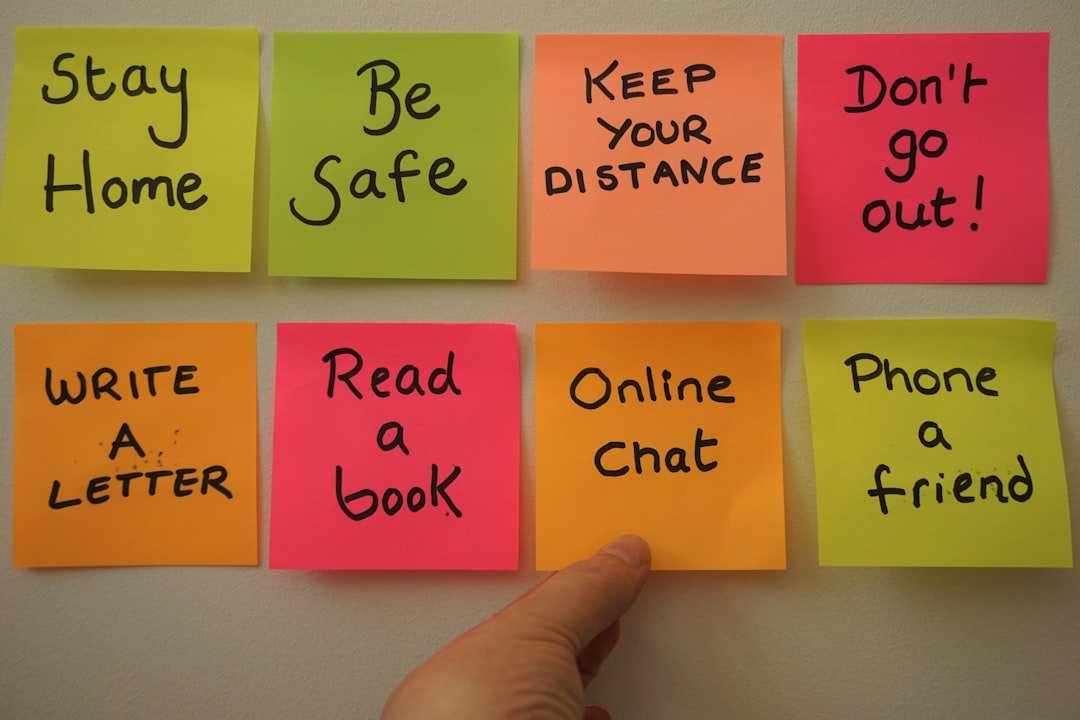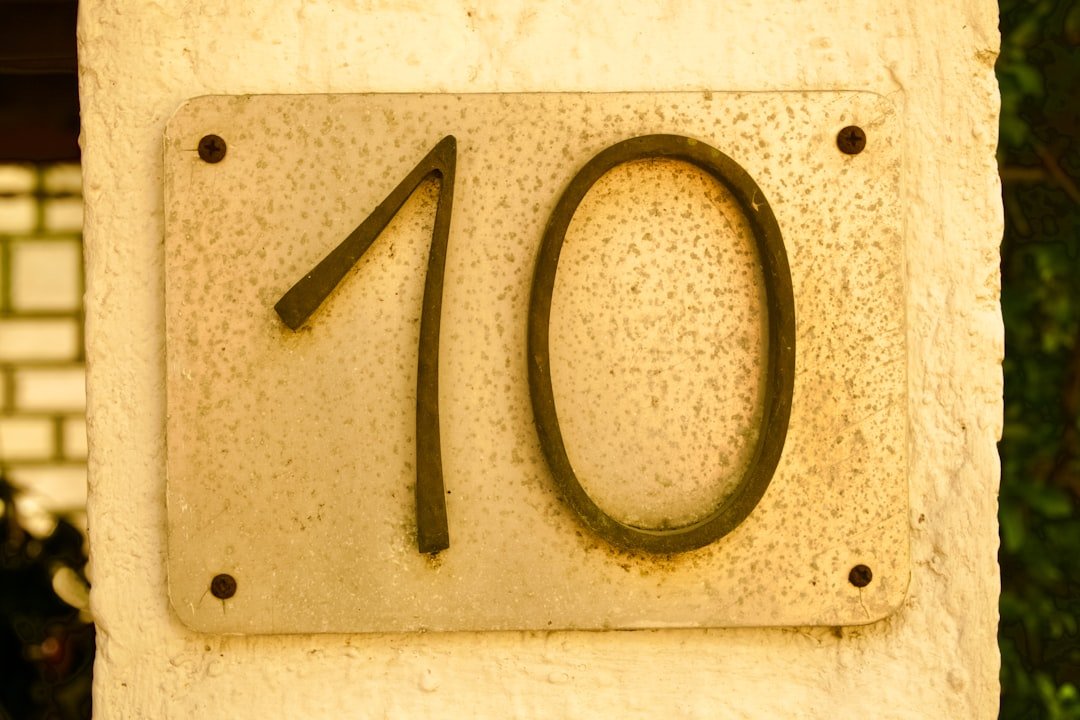The Double-Edged Sword of Social Media
Social media has become an undeniable force in modern life. It connects us with friends, family, and even strangers across the globe. It provides us with news, entertainment, and a platform for self-expression. Yet, this digital landscape has a darker side, a potential to negatively impact our mental well-being. As researchers are increasingly finding (Healthy Social Media Habits), who we interact with and what we see online significantly influences our mental state.
The Mental Health Minefield
Studies like those referenced in ‘Social media’s impact on our mental health and tips to use…’ show a clear link between social media use and increased anxiety, depression, loneliness, and FOMO (fear of missing out). This constant barrage of curated perfection, often unrealistic and unattainable, can leave us feeling inadequate and insecure.
“Social media can negatively impact our overall wellbeing by fueling anxiety, depression, loneliness and FOMO (fear or missing out).”
The addictive nature of these platforms, coupled with the constant need for validation through likes and comments, can exacerbate these negative emotions. It’s a vicious cycle that can be difficult to break free from.
Reclaiming Your Mental Well-being in the Digital Age
Despite the potential pitfalls, there are ways to navigate this digital maze and maintain a healthy relationship with social media. It’s not about abandoning these platforms entirely, but rather about using them mindfully and intentionally.
Practical Strategies for a Healthier Online Experience
- Mindful Consumption: As ‘5 ways to better mental health online’ suggests, ‘doomscrolling’ is a real threat. Avoid passively consuming negative content. Be selective about what you engage with and take breaks when needed.
- Set Boundaries: Establish clear limits on your daily social media usage. ‘Tips for Healthy Social Media Habits and Mental Health’ recommends using apps that track screen time and implementing ‘do not disturb’ features.
- Curate Your Feed: ‘7 Tips for Using Social Media for Mental Well-being’ encourages following positive hashtags and accounts that inspire you. Unfollow or mute those that trigger negative emotions.
- Real-World Connections: Prioritize face-to-face interactions. ‘7 Ways To Protect Your Mental Health on Social Media I JED’ emphasizes the importance of connecting with people IRL (in real life). These tangible connections can be a powerful antidote to the isolation sometimes fostered by online interactions.
- Focus on Authentic Self-Expression: Utilize social media as a tool for genuine connection and self-expression. Share your thoughts, ideas, and passions, and engage with others who share your interests. As the article ‘7 Tips for Using Social Media for Mental Well-being’ suggests, use it as an “outlet.”
Building a Positive Online Presence
Shifting your focus from passive consumption to active creation can transform your social media experience. Engage in meaningful conversations, participate in online communities that align with your interests, and use your platform to promote positivity and support others. This proactive approach can foster a sense of purpose and belonging.
Creating a Supportive Online Community
Social media can be a powerful tool for building supportive communities. Engage with others who share your interests, offer encouragement, and seek support when needed. Remember, you are not alone in navigating this digital landscape.
“Connect With Others. Join an Online Group.” – 7 Ways To Protect Your Mental Health on Social Media I JED
By focusing on positive interactions, creating healthy boundaries, and practicing mindful consumption, we can harness the power of social media for good while safeguarding our mental well-being.
A Final Word
The digital age presents both opportunities and challenges. By implementing these strategies, we can navigate the online world with greater awareness and intention, creating a healthier and more fulfilling digital experience. It’s about reclaiming control and using these tools to enhance, rather than detract from, our lives.
SEO Link Suggestions:
Internal Links: digital wellbeing, mental health resources, online safety
External Links: https://www.nimh.nih.gov/, https://www.jedfoundation.org/, https://www.apa.org/








